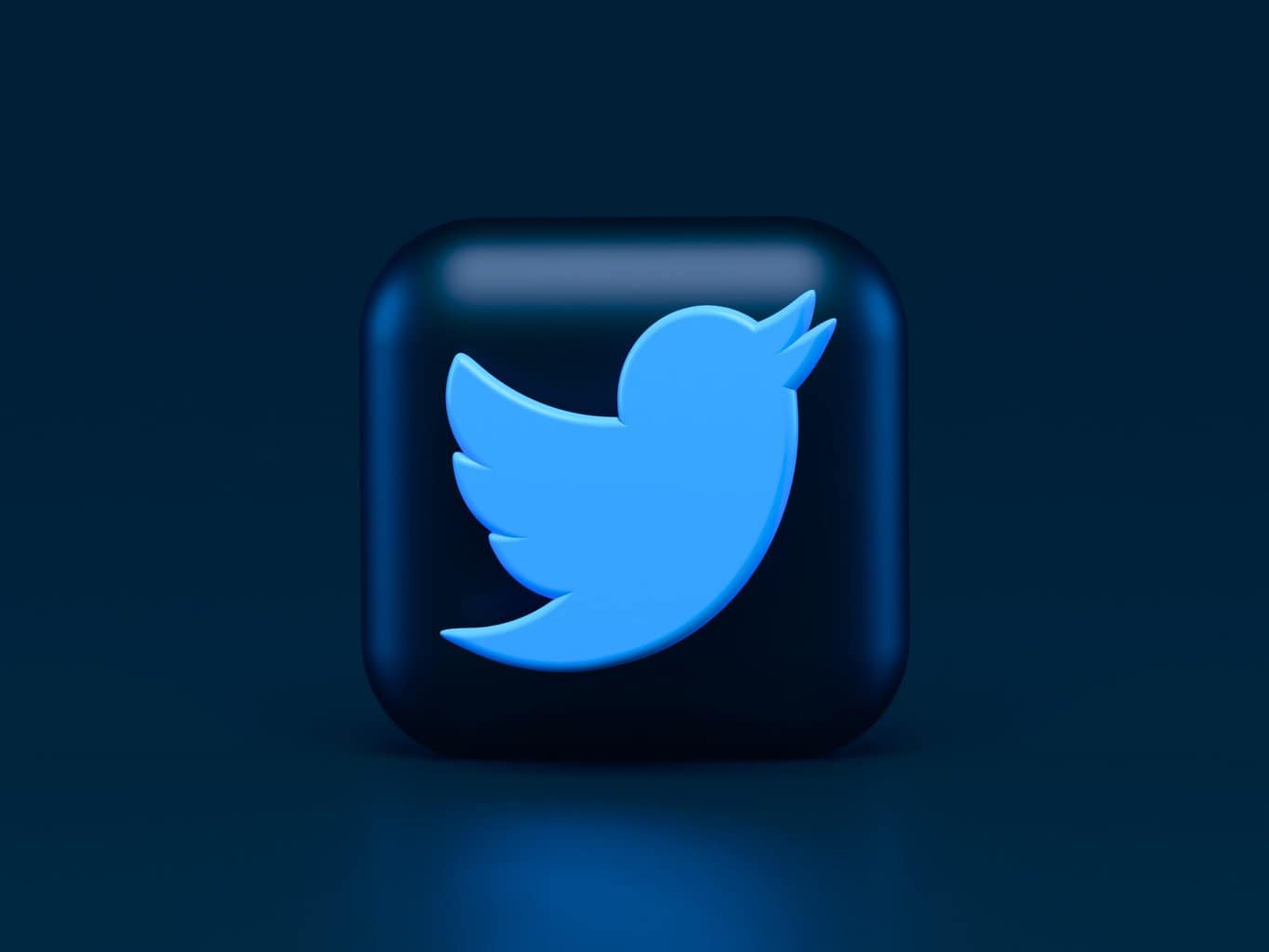Elon Musk offers a marketing mixed bag: the potential problems of Twitter’s future

As more and more time goes on, and more details of Elon Musk and his purchase of Twitter come out, there is naturally going to be more speculation about just what exactly the site will look like in the future.
Elon Musk went to a lot of trouble to gain control of Twitter, reportedly selling $8.5 billion worth of Tesla shares to afford to buy the social media platform, which cost him $44 billion. Even the world’s richest man has to loan from Peter to pay Paul. This giant purchase was apparently in the pursuit of a platform that will not offer consequences for free speech, according to Musk. But the finer details of how he plans to achieve that are worrying people. They’re worrying users, worrying Twitter’s staff, and worrying marketers.
Will Twitter go through its own #adpocalypse?
You can debate what free speech means all day. We’re not here to argue whether it means freedom from consequences or government versus business, but you can agree on one thing: it means the freedom to say something that you know other people are not going to like.
Historically, marketers don’t like this. If we were to look back over the history of marketing on the internet, one event really stands out. It started on YouTube but it had ripple effects across all the social media platforms: the adpocalypse.
When enough fans caught on to the fact that YouTube ads were running alongside anything and everything, including not “family-friendly” content, ranging from hateful to sexual to merely informative, massive brands pulled their marketing, causing just about no content but that aimed at children to be profitable to the creator. Affiliate marketing then picked up the slack by offering brand deals to creators that were not meeting YouTube’s strict definition of “family-friendly” but also not showing hateful content.
We’re still feeling the effects of the adpocalypse today. Facebook and Instagram followed suit and tightened their guidance on what could be posted on the site. TikTok barely got off the ground before creators were replacing controversial words with equivalents like “grape” and “unaliving” in order to keep their content on the site without it getting reported.
It’s possible that Twitter could go the same way. Elon Musk already has little interest in the marketing side of Twitter, and if he fills the platform with “free speech” which could eventually derail into hate speech or simply controversial opinions, brands aren’t likely to stick around to tolerate it.
Will a lack of paid ads affect marketers?
As mentioned, Elon Musk has some disinterest in paid ads on the platform, and in fact, has announced on Twitter that he will be removing ads.
It’s likely what he is referring to isn’t a blanket ban on marketing on the platform. Marketing departments will still be able to create their own social media accounts and post on them to an audience, but the perks of sponsored advertising will be gone.
For one thing, without sponsored ads, you are limited to the audience you have accumulated. Sponsored ads cast a wider net of people who might be interested in your brand or products without the necessity of following you, which can be very limiting.
Will subscriptions make users run for the hills?
The issue with removing ads and ad revenue from a business that was already struggling to make money and in a lot of debt is that it removes a primary source of income. So, what are Elon Musk’s other options?
Well, he seems to like the Netflix model of having users subscribe to their services. On both levels, marketing and consumer, he is suggesting a subscription fee for access to privileges on the site. On the marketing level, those privileges will be to use the site as a marketing tool, probably in much the same way sponsored ads are currently operating, which is interesting considering his hatred for ads.
On the consumer end, he has been known to suggest users pay a subscription fee for everything from blue tick privileges to real accounts verification which will remove anonymity on the site, and even the ability to post on the site.
Putting aside the clashing philosophies of paying for a service that allows you freedom of speech, Elon Musk has overlooked one massive problem with charging users to use his site: no other platform is doing it. It’s likely that this will result in nothing but users closing their accounts and running from the platform like rats off a sinking ship.
In turn, what environment does this create for marketers? Well, if logic were to be followed, it leaves marketers shouting from their accounts into a void full of “unpopular opinions” from a far smaller net of people.
If you are interested in gaining more affiliate marketing, take a look at our blog or come join us at the ELEVATE summit in June. Or for more personalized affiliate advice, book a free call with a member of our team.






